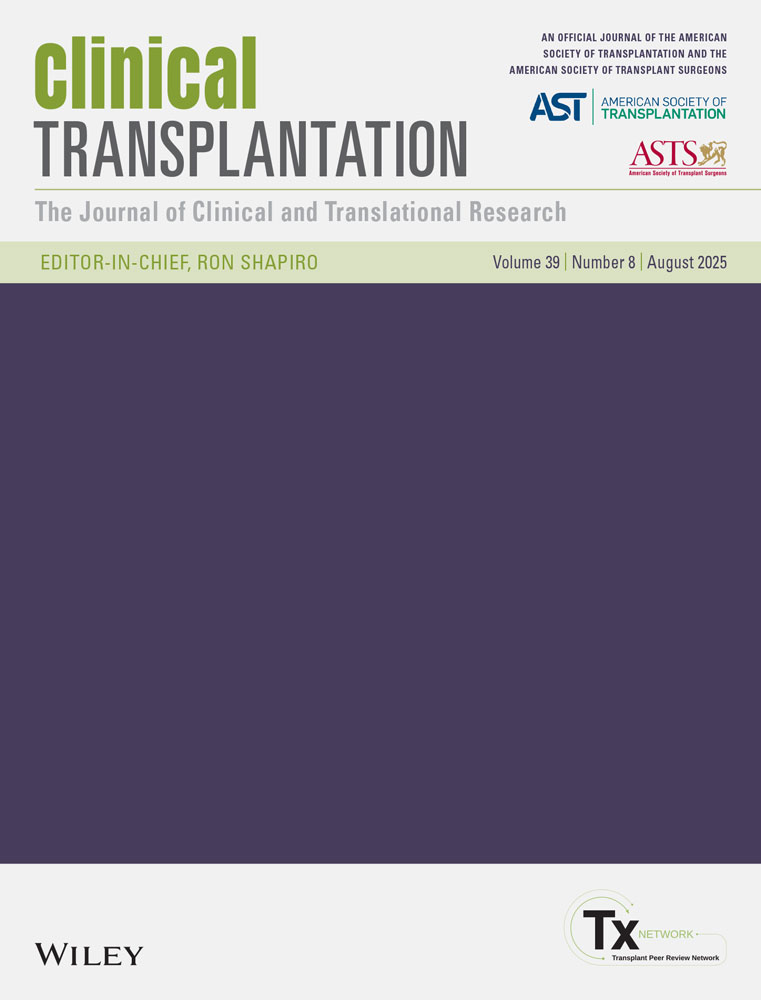The beneficial effects of calcium channel blockers on long-term kidney transplant survival are independent of blood-pressure reduction
Abstract
There is a growing body of evidence suggesting that calcium channel blockers (CCB) exert beneficial effects on kidney transplant survival. However, it is not completely understood if these agents act independently of blood-pressure reduction. In the present study, the 5-yr follow-up of 45 kidney transplant recipients receiving CCB during the 60-month follow-up period was compared to that of recipients with lower blood pressure and an antihypertensive treatment without CCB. During the whole follow-up, systolic (127.4±2.5 vs. 139.4±2.1 mmHg, p<0.05) as well as diastolic blood pressure (78.8±1.1 vs. 84.8±1.8 mmHg, p<0.05) was higher in the group receiving CCB. Moreover, in CCB-treated recipients, a significant (p<0.05) higher increase in proteinuria was detected (from 759±120 to 1690±359 mg/24 h vs. 180±45 to 340±45 mg/24 h). Despite higher blood pressure and higher proteinuria, the increase in serum creatinine in the group of CCB-treated recipients was significantly lower (0.01 mg/dL/month) in comparison to that of the controls (0.02 mg/dL/month, p<0.05). Moreover, the 5-yr transplant survival was significantly higher in CCB-treated recipients (62.3 vs. 31.8%, p<0.05). The results of the present study further support the beneficial effects of CCB in kidney transplant recipients, which are independent of blood-pressure reduction.




